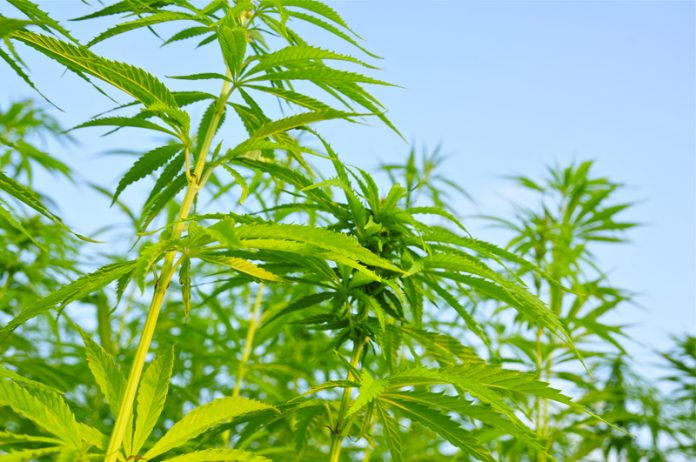Writer, medical cannabis patient, a grower and budtender for GrassRoots Medicinal in Squamish, Caleb McMillan, provides his thoughts on cannabis developments in North America today
American states nullifying federal laws on cannabis prohibition. Canada poising to legalise the herb sometime this year. There is a sense of moving forward. But a scratch below the surface reveals another story.
Alcohol companies, police unions and private prisons have all lobbied against legalisation in California. A pharmaceutical company gave $500,000 to a group opposing legalisation in Arizona, only to later get DEA approval for a synthetic form of cannabis. Coupled with an unfriendly administration in Washington DC, complete with an Attorney General who has vowed to axe the policy of leaving legalised states be, the outlook in America is grim and uncertain.
In Canada, former police chiefs and politicians are licensed commercial sellers of medical cannabis. While an already existing market, colloquially known as “BC Bud,” are so-far locked out and referred to as organised crime, indistinguishable from biker gangs. Yet, despite this, cannabis continues to provide relief to patients and recreational consumers alike. Whether one uses for therapeutic or medicinal purposes, everyone has cannabinoid receptors in their body. The scientific literature is quite clear we’re dealing with a substance far removed from tobacco or alcohol.
For these reasons and others, cannabis should be fully embraced by the global medical profession. Cannabidiol (CBD) oil is already halting seizures within minutes of ingestion. From my experience working at a dispensary, countless patients have weaned off medication that treats inflammation but with damaging side effects. I, myself, reversed anxiety and depression with the non-psychoactive CBD oil. But a holistic approach to the plant includes Tetrahydrocannabinol (THC), the component that gets users “high” or “stoned.” It is THC that shows promise in treating cancer tumours.
If the medical community requires clinical studies and drug identification numbers before cannabis can go mainstream, then so be it. Clinical trials and cannabis testing are already underway by companies like CannaTech Global, CI Therapeutics, EndoCRO and Steep Hill.
The idea is simple: put government money towards research and ram through legalisation in a highly controlled and regulated manner. One that considers liability issues since the medical profession needs to be able to study and test cannabis without health risks to their patients or broader public health and safety.
But the issue is complex. The standard steps drug companies take from research to market don’t apply here. Aside from its centuries-old history as a medicine, prohibition has stunned our knowledge of cannabis and (in consequence) has made the plant a special “bottom-up” grassroots medicine rather than a traditional “top-down” pharmaceutical.
Meaning, it requires looking at government policy differently rather than trying to shoehorn cannabis into traditional regulatory models.
Cannabis is simple and effective. Whether vaped, consumed as an oil, or in a tincture — anecdotal evidence is abundant. It is now time for the medical profession to catch up. But having governments throw money at the issue is like trying to hammer in a screw.
Public policy would be better served to cultivate the underground cannabis industry that exists in North America. These are your cannabis experts, after all. Additionally, gutting some regulations governing the actions of medical professionals and patients will promote risk-taking and thus innovation and opportunity. But a culture overly concerned with legal liability makes this suggestion a hard sell.
Caleb McMillan
Writer, medical cannabis patient, a grower and budtender for GrassRoots Medicinal in Squamish, British Columbia
Cannabis Life Network











